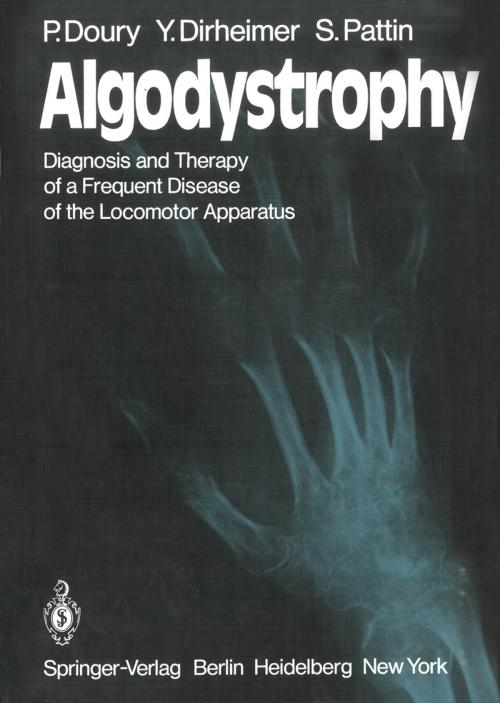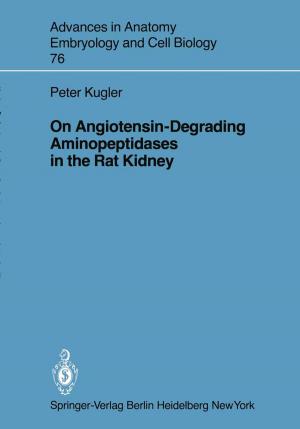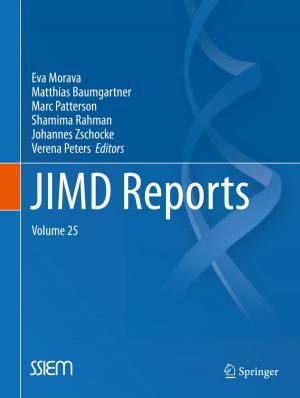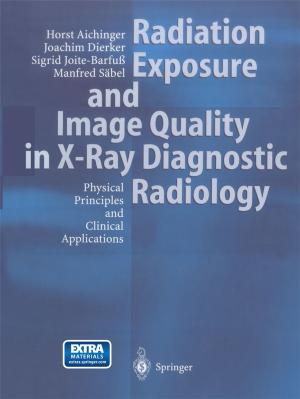Algodystrophy
Diagnosis and Therapy of a Frequent Disease of the Locomotor Apparatus
Nonfiction, Health & Well Being, Medical, Medical Science, Immunology, Specialties, Orthopedics| Author: | P. Doury, Y. Dirheimer, S. Pattin | ISBN: | 9783642679896 |
| Publisher: | Springer Berlin Heidelberg | Publication: | December 6, 2012 |
| Imprint: | Springer | Language: | English |
| Author: | P. Doury, Y. Dirheimer, S. Pattin |
| ISBN: | 9783642679896 |
| Publisher: | Springer Berlin Heidelberg |
| Publication: | December 6, 2012 |
| Imprint: | Springer |
| Language: | English |
It is with great pleasure and ,much interest that I accepted to write the foreword to this book by Paul Doury, Yves Dirheimer, and Serge Pattin on the subject of "algodystrophy." First, because I know the extent of their personal experience, from which they have selected the best for this book. Second, because it seemed to me that their detailed analysis of the numerous works on the subject, works which have been published all over the world and which provide diverse physiopathologic interpretations, would provide a comprehensive study meeting a real need. Algodystrophy, to adopt the term used by the authors, merits rheumatolog ists' careful attention. It is indeed a frequent condition and, as is now well known, occurs in the most varied etiologic circumstances; it is not solely posttraumatic, a notion on which diagnosis had long been based. This variable etiology suggests the complexity of algodystrophy's pathogenic mechanism.
It is with great pleasure and ,much interest that I accepted to write the foreword to this book by Paul Doury, Yves Dirheimer, and Serge Pattin on the subject of "algodystrophy." First, because I know the extent of their personal experience, from which they have selected the best for this book. Second, because it seemed to me that their detailed analysis of the numerous works on the subject, works which have been published all over the world and which provide diverse physiopathologic interpretations, would provide a comprehensive study meeting a real need. Algodystrophy, to adopt the term used by the authors, merits rheumatolog ists' careful attention. It is indeed a frequent condition and, as is now well known, occurs in the most varied etiologic circumstances; it is not solely posttraumatic, a notion on which diagnosis had long been based. This variable etiology suggests the complexity of algodystrophy's pathogenic mechanism.















